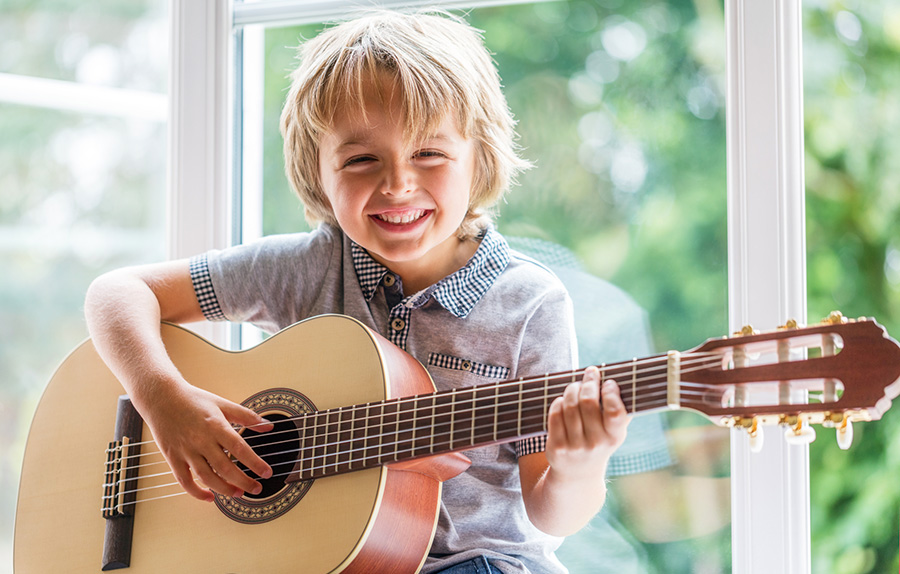A wealth of scientific research over the last decade is proving that music education is a powerful tool for attaining children’s full intellectual, social, and creative potential.
- It speeds the development of speech and reading skills
- It trains children to focus their attention for sustained periodsl
- It helps children gain a sense of empathy for others
Music study requires a high degree of precision in auditory processing: being almost in tune is not good enough. This means that musically trained children are better able to distinguish subtle details of speech, leading to improved reading, better comprehension, and also a greater ability to interpret what other people – children and adults – are really saying.
Musical activity involves nearly every region of the brain that we know about, and nearly every neural subsystem.” ~ Daniel Levitin, This is Your Brain on Music
Brains of Musically Trained Individuals:
- Stonger neural connections
- More grey matter
- Better information processing
- Higher IQ
- Better memory and attention
- Better motor coordination
Musically-trained children develop to their full potential because participation in music is inherently rewarding, making children more likely to devote the time and practice necessary to develop strong cognitive and social abilities. Most importantly, music gives children a means to express themselves, to unleash their creativity, and to be inspired by their own boundless capacity for personal growth.
Over the past two decades, several large-scale studies have found that music students outperform academically compared to other students, often by large margins. Music students tend to be more engaged and motivated in their studies, and more likely to win academic awards. Thanks to the groundbreaking research of neuroscientists, we now have a clear scientific explanation for this phenomenon. Music study leads to lasting changes in children’s brains, increasing their capacity to perform tasks that require sustained attention and careful listening and reading. Parents can be more confident than ever that an investment in music lessons will deliver lifelong benefits for their child.
Music instruction is beneficial for individuals of all ages, however the research suggests the benefits are greatest when a child begins at a young age.
